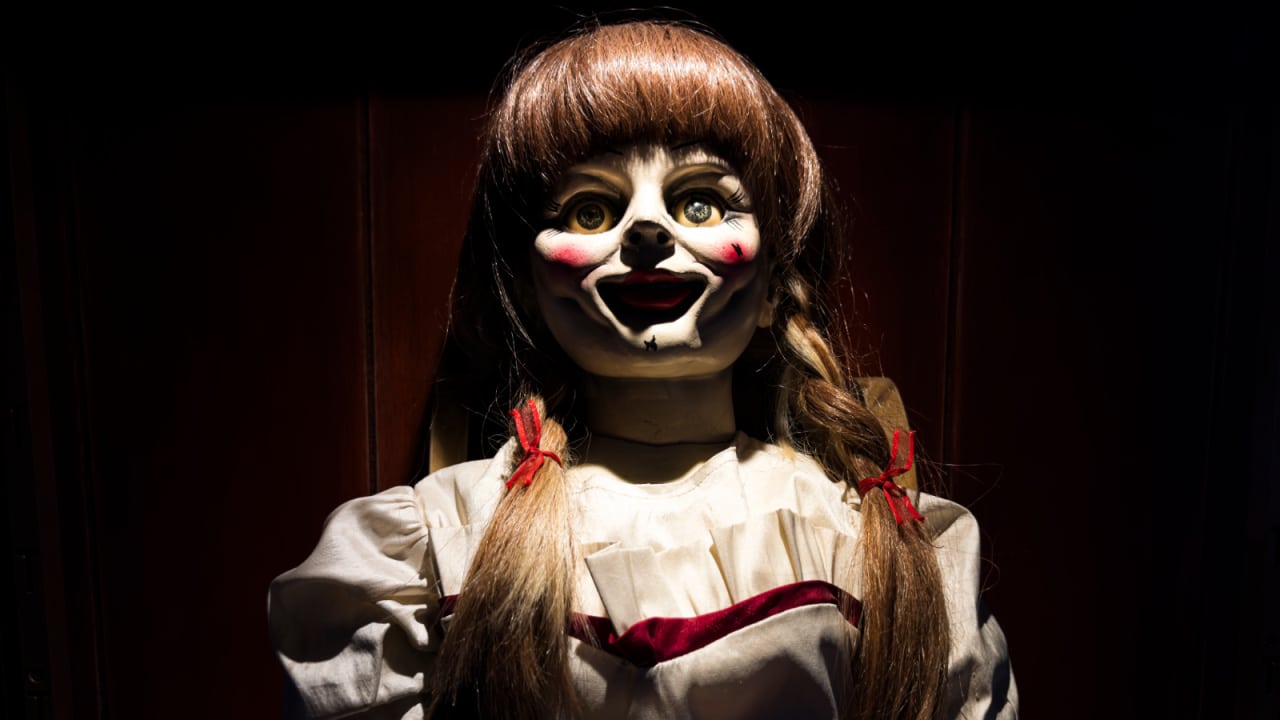This Nigerian Salsa Instructor is on a Mission to Normalize Mental Health Conversations
Most of us grew up dancing to salsa. Our mothers mopped to Panamanian singer Ruben Blades’s “Pedro Navaja.” Our Abuelos became passionate teenagers again when dancing to Puerto Rican Eddie Palmieri’s “Vamonos Pa’l Monte.”
Salsa celebrates the carnival of life, as the Cuban Queen of Salsa, Celia Cruz, sang.
For many non-Latinos, taking salsa classes is a cure for a raging midlife crisis but can also save your life.
It did for Emeka Adindu, a Nigerian street photographer and dancer, who found respite from mental health battles and thoughts of suicide by dancing salsa.
“Salsa was the only thing that could make me smile all those days that I was battling, fighting with my demons, with my past, with my everything,” Adindu said to VOAAfrica.
“Salsa was the only thing that made me feel like living,” he said. “The most interesting thing about living on earth was salsa.”
In a way, Abindu is returning salsa to its ancestral home. The origins of salsa began in Africa with the Atlantic slave trade and found a home in Cuba and other nations of the Caribbean.
From then on, African rhythms have influenced Latin and Caribbean music, fusing dance and music styles.
Beyond the rhythm, salsa has health benefits
Salsa is a workout for your entire body. It helps make you more flexible, stronger, and more coordinated. It also aids in cardiovascular health and lowers the risk of heart disease.
But salsa not only takes care of your body; it heals your mind.
It promotes a sense of wellness and aids in good mental health by reducing stress and releasing endorphins. It makes you happy.
For Adindu, the healing process was incomplete if he kept it to himself. That is why he now offers classes for free in Abuja, Nigeria’s capital.
The classes are open to anyone undergoing trauma or wanting to unwind from the drudgery of daily life.
In conservative Nigeria, depression, and anxiety are still considered bad and not an illness
A World Health Organisation report stated that Nigeria has the highest suicide rate among African countries, with over 17,000 lives lost to suicide in a year.
At least one in six young people between the ages of 15 and 24 suffer from depression, have little interest in life, and are worried or anxious, as found by a Unicef 2021 report.
According to a senior psychologist and researcher at Nigeria’s Remz Institute, Usen Essien, the economy and societal pressures are prominent factors.
“Battling depression in Nigeria is not easy at all. There are a lot of dimensions to it. Apart from the financial dimensions, there is the social dimension that deals with stigma,” he said.
So what better way to heal what ails you than dancing to the King of Salsa, Boricua Hector Lavoe, telling you that soon your luck will change and that life is worth living?
Salsa “is a couples dance,” Adindu said. “And when you dance with someone, there is no space for you to think about your sorrow.”
He said you think about the music, counts, and rhythm instead of woes.
Abindu says that salsa gave him love and happiness when he most needed it, and he wants to pass on that gift to others.




